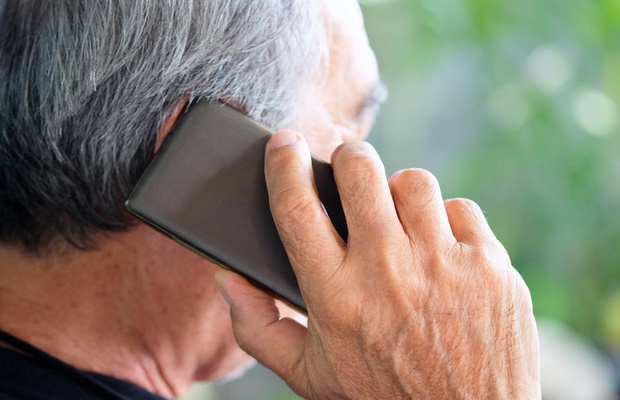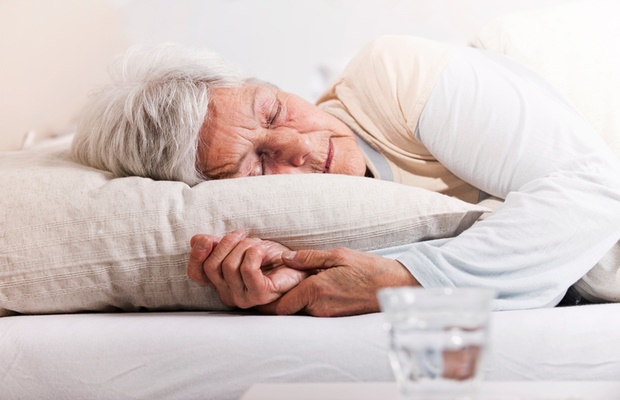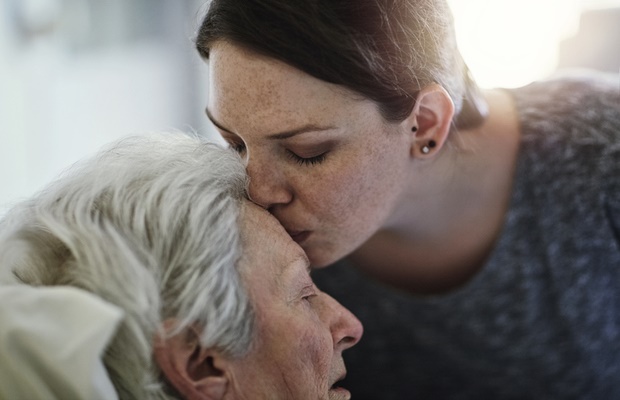[unable to retrieve full-text content]


[unable to retrieve full-text content]

[unable to retrieve full-text content]

[unable to retrieve full-text content]

[unable to retrieve full-text content]

All Maggie wanted for Christmas was toilet roll to play with, so her family got creative.
[unable to retrieve full-text content]

British medical staff are travelling to Bangladesh where diphtheria is affecting refugee camps.
The holiday season can be stressful, especially for people with Alzheimer’s disease.
Not only is there the possibility of strange surroundings for a visiting family member suffering from Alzheimer’s, but the change in routine can also be challenging.
According to Health24, Alzheimer’s disease is one of the most common forms of dementia. It results in progressive deterioration of brain tissue, which leads to memory loss, personality changes, forgetfulness and the inability to carry out ordinary tasks and functions.
How to help
The onset of Alzheimer’s disease can be frustrating for both the sufferer and family. But this doesn’t mean that the holidays should be a heartbreaking experience.
The US National Institute on Aging suggests some simple ways you can help a family member suffering from dementia or Alzheimer’s.
1. Use photos
If you have a relative living with you, a constant influx of visitors can be upsetting if they have difficulty recognising people. Show them a photo of a guest a week before their arrival. Each day show them the photo while explaining who the visitor is.

2. Call ahead
Before visitors arrive, set up a phone call between your loved one and the guest. This will help everyone feel a bit more prepared. Explain to guests that they need to call ahead and check with you before arriving as this will give you more time to put the Alzheimer’s patient at ease.

3. Map out a routine
Stick to daily routines as much as possible. Respect their routines and make it clear that they are not inconveniencing you.

4. Make time for rest
Give the person with Alzheimer’s disease plenty of time to rest. Don’t force them to stay up and join in the activities.

5. A home away from home
When an elderly relative suffering from Alzheimer’s disease is visiting you, a strange room and surroundings might upset them. Make their guest room as comfortable as possible and encourage them to bring familiar bedding along.

Image credits: iStock

Record sum comes as more hospitals charge disabled people and issue fines for non-payers.
Traditional leaders in the Eastern Cape’s Alfred Nzo District have committed themselves to ensuring that a zero death rate of initiates is maintained this coming traditional initiation season.
The pledge was made during a recent safe initiation awareness campaign that took place at schools and traditional councils across the district.
Zero casualties
The main purpose of the campaign was to ensure that there are no casualties during upcoming summer season, to revive initiation working committees and ensure that all those involved were aware of the new Customary Male Initiation Practise Act of 2016.
The campaign was led by the Eastern Cape House of Traditional Leaders and was a collaborative exercise between the house, traditional leaders, Cooperative Governance and Traditional Affairs (COGTA), the Department of Health and the South African Police Service.
The target audience of the campaign was learners, traditional nurses, surgeons and the community at large, and carried a request to stop the commercialisation of tradition, which could put lives at risk.
Leaders must take responsibility
Every year young people embark on a summer initiation process in the mountains of the Eastern Cape.
One of the traditional council leaders, Chief Zelu Nompokhwe, said, “Our children are dying in the mountains and this is no joke. We need traditional leaders to take full responsibility and stop pretending that this tradition is the responsibility of government.”
The new initiation act seeks to provide for the protection of life, the prevention of injuries and the prevention of physical and mental abuse of initiates; provide for traditional leadership to take primary responsibility for the practice of initiation, in partnership with government and other stakeholders; and to protect the customary practice of initiates and ensure constitutional and other legal prescripts are adhered to.
In the coming days, initiation schools across the Eastern Cape province will open to welcome young women and men initiates as they embark a path towards adulthood.
During the last winter season, the Eastern Cape reported 11 deaths of initiates. – Health-e News
Image credit: iStock
NEXT ON HEALTH24X
